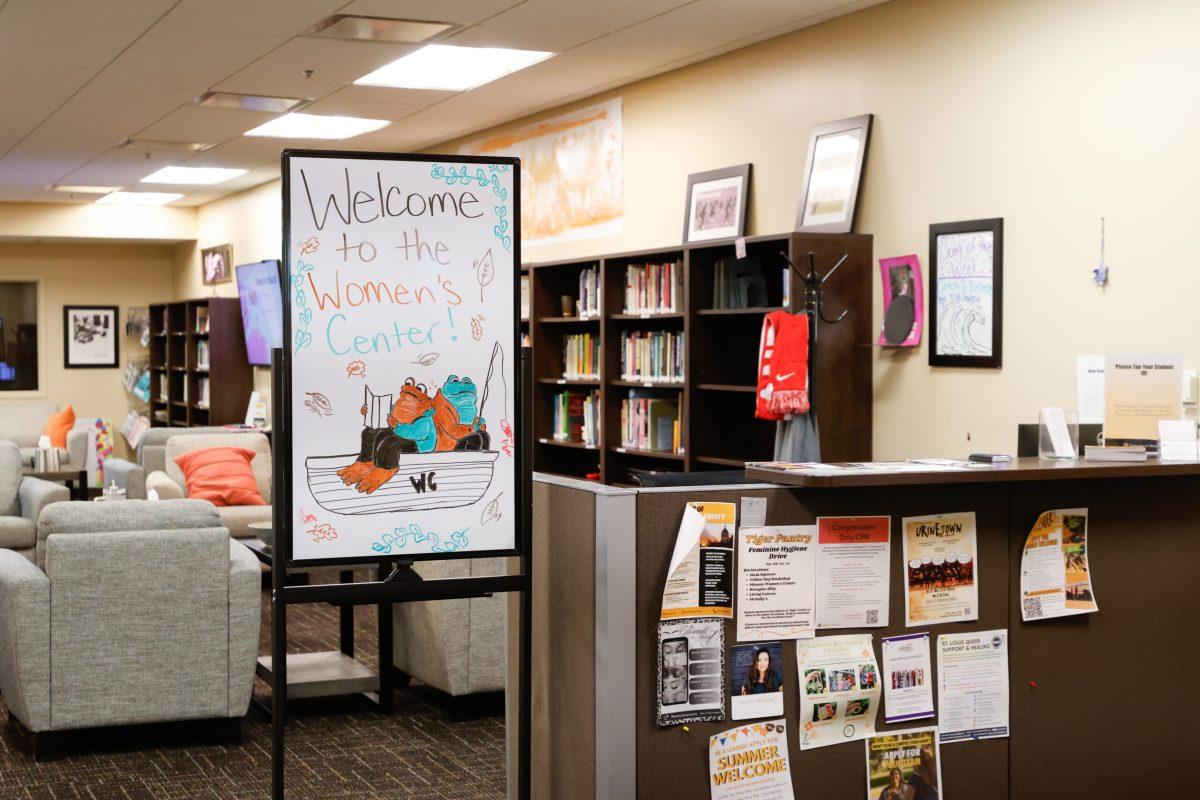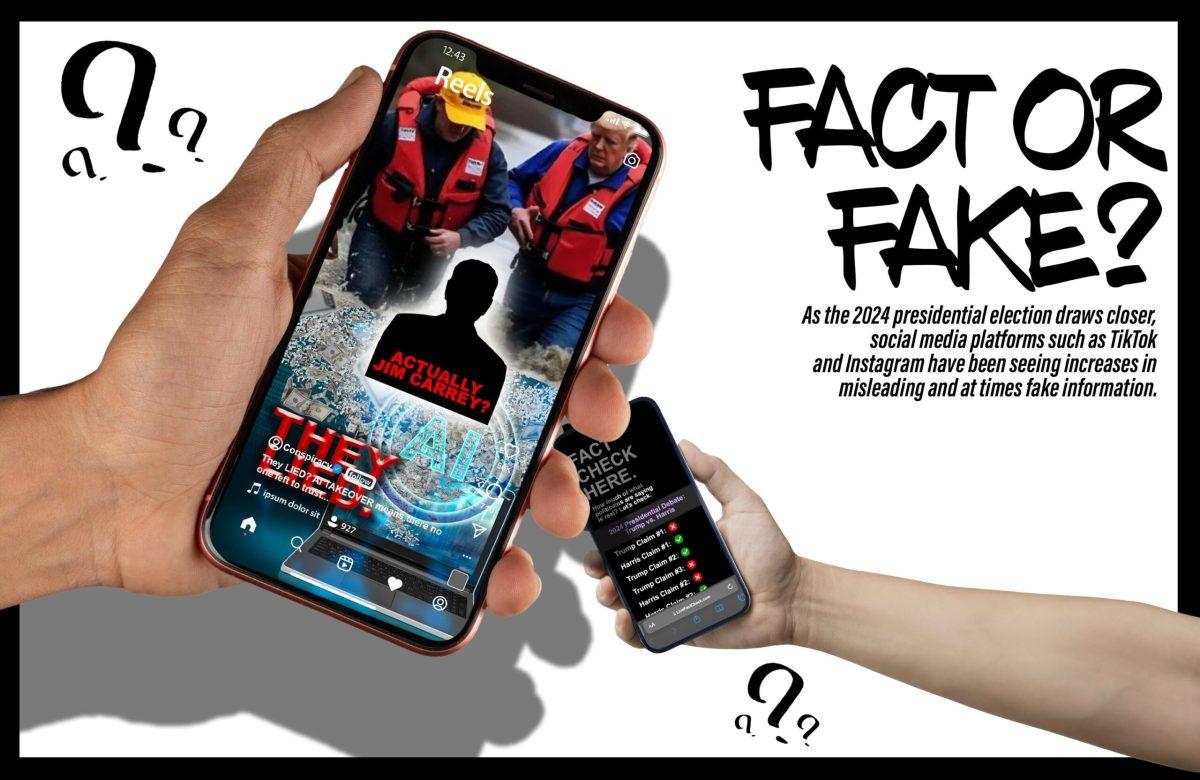The world runs on communication. We talk, call, tweet and text every day. Silence seems to have completely disappeared from our society. Seeing this, when I had the opportunity to return to the practice of silence, I took it.
The opportunity I’m describing came when my world religions class issued its final project. The project invited students to experience some of the rituals performed by religious people all over the world. The project wasn’t made to convert you to a certain religion, but was more concerned with how the experience went and what you gained or lost from it. The options included fasting, meditation, wearing a mark, taking a vow of non-harm and taking a vow of silence. Vows of silence are common in ascetic forms of Christianity, Islam and Buddhism.
The idea of a vow of silence immediately appealed to me because I always thought the concept was an interesting one. The project stated that the student would have to spend a 24-hour time period not communicating in any way, shape or form. That meant we could not talk, text or post anything on social media. The only forms of communication we were allowed to use were facial expressions and a notecard reading, “I am not allowed to speak at this time as I have taken a vow of silence.” This concept interested me so much that I thought 24 hours was not enough. Instead, I took a vow of silence for four days. Little did I know just how much this experiment would impact me.
The hardest and most gut-wrenching aspect was that I could no longer say “thank you” or “you’re welcome.” It hit me when someone held the door for me and I just walked on by. The second-worst aspect was that I couldn’t have conversations with Sandy from Plaza anymore. She would ask me, “How’s it going, Hunter?” and all I could show her was my notecard and walk on by. However, these were the only negatives I encountered.
The life-changing aspects of this vow began after the first 24 hours had ended. Silence was no longer awkward for me. Something that I hadn’t thought of was the listening aspect of the project. I could no longer participate in conversations; I would only be present for them. Now that I didn’t have to think about what I was going to say, how I was going to say it, or how my words would affect other people, I could truly listen to the other person. And I wasn’t the only one who realized this, either. People were actually more open toward me and would just sit by me and talk. I was completely genuine because there was no pressure for me to lie. Body language can’t lie, and that’s all I had.
After the fourth day ended, I felt like a different person. I know this is a cliché thing to say, but I really felt like I was changed by the experience. Now I actually listen to people and have better control over what I say. Other than that, I feel better attuned to who I really am. In my silence, all I had to talk to was myself. I grew closer to myself in that time and, in a sense, closer to everyone else.
Silence truly is golden. Sometimes all we need to do is listen to others and, more importantly, ourselves.










